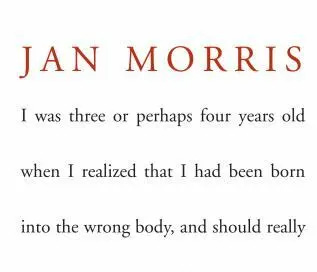Sailing the Mazelike Shoals
Navigating the shores of resentment, miscommunication, and forgiveness in the digital age
Every story has at least two sides. I realized within a month of beginning group therapy that most of the job of the therapists was simply to push people out of their defensive positions and to pull them to new vantage points, asking questions that people didn’t dare ask themselves.
Why? We all tell ourselves a story about what we’re doing and what we’re seeking and the people we encounter along the way. This story helps to organize information, certainly, but it also aids us in stoking the emotional energies that we think we need moment to moment. If we feel anxious or uneasy (dis-eased) we tell ourselves a story about all the terrible things that might happen. If we feel grief or loss we marinate in longing and bittersweet memory (which actually has a productive effect of helping us ‘process’ our feelings and, eventually, move on). If we feel indignant or resentful (poisonous but alluring feelings that situate ourselves in proud and wronged positions) we tell ourselves a story about the intentions and faults of our tormentor. We become victims, in our minds-a morally-strong but tenuous and ultimately enfeebling position.
"We suffer more in our imagination more often than in reality,” said Seneca, and we cause ourselves FAR more negative emotion and distress than the world causes us. Consider anger: some of it is instant. reflexive, energizing for the confrontation or flight that our nervous system senses is imminent. After that momentary burst of feeling, though, we choose to continue to feel whatever we want to. We choose to nurture our hurts and enjoy our vexation… sometimes for years. This is a strange framing and one not usually acknowledged, but I challenge you: the next time you feel anger, stop. Calm yourself down. Consider the perspective and the motivations of the other parties. Consider how they might be feeling and what they might be seeking. Are they really trying to wound you… or is that part of the story you’ve crafted? Were they trying to upset you… or did you just become upset, and then attribute your reaction to their intentions? In the near term this tactic is less emotionally satisfying, and you won’t get the stimulating effects of self-righteous anger but you may find that your life quickly acquires a more peaceful and benevolent air.
I’m still sarcastic, and judgmental, and irritable, and arrogant. Those things have not changed, even though I suspect they’ve lessened somewhat (except for perhaps the sarcasm but that’s a work in progress).
I’m no moral giant, but I have learned a lot in group therapy and years in recovery. In the AA Big Book, Bill W writes “Resentment is the number one offender. It destroys more alcoholics than anything else.” Consequently, I resolved to set resentment aside. If you insult me I will forgive you (eventually). If you argue with me I will try to see the situation from your perspective, and I ill try to find common ground. If you ignore me I will check up on you. If you resent me I will care for you, and send you gifts, and express my feelings. I didn’t do any of these things while I was in active addiction. I had a different strategy then: numbness and isolation and an almost total carelessness.
By doing these things you gain a sense of peace and contentment that lasts and protects you from resentment. You may have to cut off the borderline and sociopathic, and you may still insult people or arouse their anger, but when you banish resentment you banish the gnawing uncertainty which turns to indignation as a defense. You will also guarantee that as long as people continue to communicate with you you will be able to express your feelings and mend your fences. You will maximize your relationships and you will be a person that others want to be around. Resentment results in loneliness, and pride, and addiction (for people like me). Humility and care keeps us connected, and helps us recover.
I’m no moral giant, and even I have managed to make these more pro-social responses routine in sobriety. I don’t do it to feel sanctimonious - I do it because it feels good and it benefits me. Ironically, it is this course that truly inflames the resentful… because it becomes harder for them to tell themselves the story of their victimhood. When I sense this is the case, I remember all the times that I was resentful, all the instances where I clung to my slights and my rage. I remember that to live in this way is to suffer needlessly, and so I pray for the suffering, and wait for them to reach out to me… so that we can be friends again.





